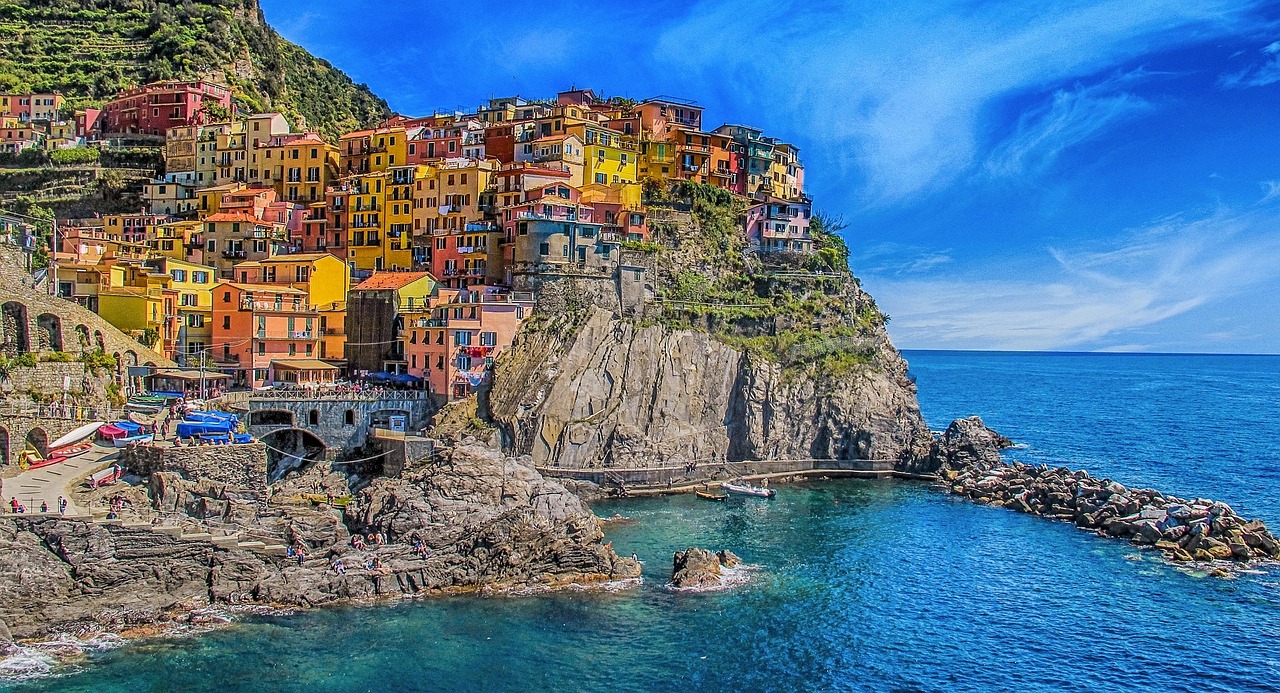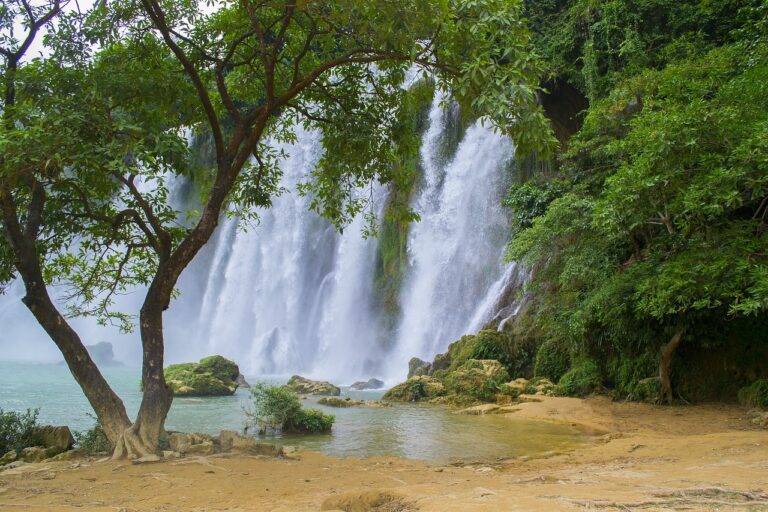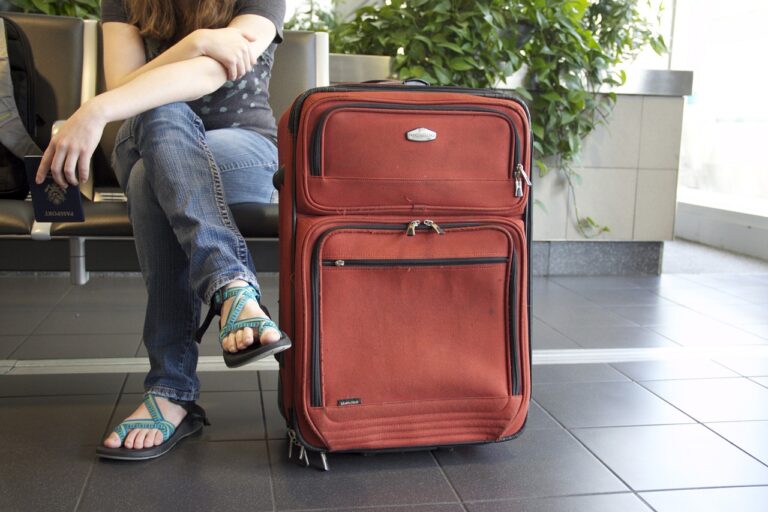Preserving Indigenous Cultures: Responsible Travel Practices in Tribal Communities
As travelers increasingly seek out authentic and culturally rich experiences, the importance of responsible travel practices in indigenous communities has come to the forefront. Preserving indigenous cultures is crucial for maintaining diversity and ensuring that traditions are passed down through generations. In this article, we will explore the significance of responsible travel in tribal communities and provide tips on how travelers can engage with indigenous cultures respectfully.
The Importance of Preserving Indigenous Cultures
Indigenous cultures are often marginalized and under threat due to factors such as colonization, globalization, and environmental degradation. As a result, many indigenous communities struggle to maintain their traditions and way of life. Preserving indigenous cultures is essential for preserving the world’s cultural diversity and ensuring that the knowledge and wisdom of these communities are not lost.
Responsible Travel Practices in Tribal Communities
When visiting indigenous communities, it is important to approach the experience with respect and consideration for the local culture. Here are some tips for practicing responsible travel in tribal communities:
1. Educate Yourself
Before visiting an indigenous community, take the time to educate yourself about their history, customs, and traditions. Understanding the context of the community you are visiting will help you engage in a more meaningful and respectful way.
2. Seek Permission
Before entering an indigenous community, seek permission from the local leaders or elders. Respect the community’s boundaries and follow any guidelines they provide to ensure a positive and respectful interaction.
3. Support Local Businesses
When purchasing souvenirs or goods from indigenous communities, make an effort to support local businesses and artisans. This helps to ensure that the economic benefits of tourism are shared with the community.
4. Respect Sacred Sites
Many indigenous communities have sacred sites that hold spiritual significance. Respect these sites by following any guidelines provided by the community and refraining from taking photos or engaging in disruptive behavior.
5. Engage with the Community
Take the time to engage with the members of the indigenous community you are visiting. Ask questions, listen to their stories, and participate in cultural activities to gain a deeper appreciation for their way of life.
6. Leave No Trace
When visiting indigenous communities, practice Leave No Trace principles to minimize your impact on the environment. Dispose of waste properly, respect wildlife, and leave the area as you found it to ensure that future generations can enjoy the same experience.
FAQs
Q: Why is it important to practice responsible travel in indigenous communities?
A: Responsible travel helps to preserve indigenous cultures, support local economies, and ensure that travelers engage with communities in a respectful and meaningful way.
Q: How can travelers support indigenous communities?
A: Travelers can support indigenous communities by purchasing goods from local artisans, engaging with the community, and respecting their cultural traditions and sacred sites.
Q: What are some examples of responsible travel practices in tribal communities?
A: Examples of responsible travel practices include seeking permission before entering a community, supporting local businesses, respecting sacred sites, engaging with the community, and practicing Leave No Trace principles.
By following these tips and being mindful of your impact, you can help to preserve indigenous cultures and support the well-being of tribal communities around the world. Responsible travel in indigenous communities is not only a way to experience unique and authentic cultures, but also a way to contribute to the preservation of our global heritage.





